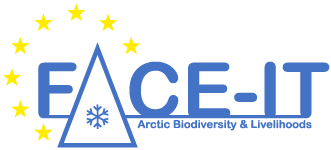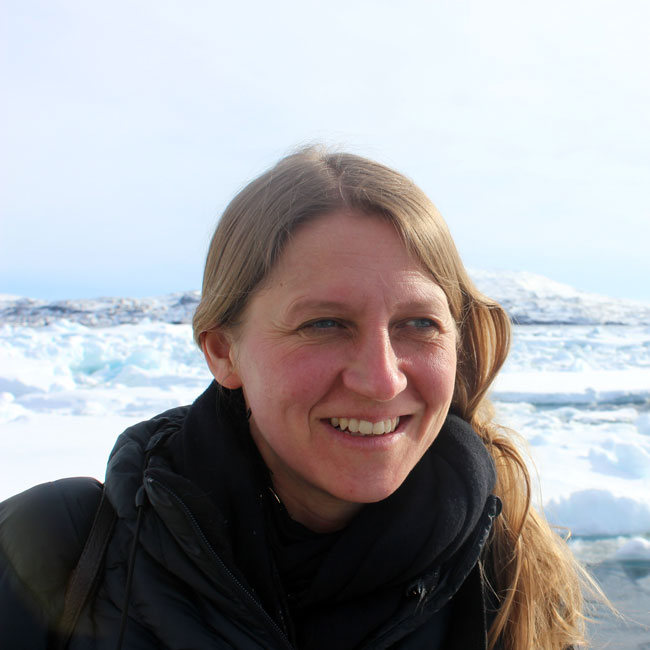Lill Rastad Bjørst from Denmark’s Aalborg University to Participate in Fulbright Arctic Week Activities in Washington D.C.
[Published 24 April 2023]
Dr. Lill Rastad Bjørst from Aalborg University is one of nineteen scholars who will take part in a series of events held in Washington, D.C. from April 24-28, 2023 as part of the Fulbright Arctic Initiative. Scholars from the Arctic Council’s eight member states will present their research and policy recommendations, capping two years of research and collaboration.
On Tuesday, April 25, the scholars will share their research in a poster exhibition at the Smithsonian National Museum of Natural History (from 2:00 – 4:00 pm, open to the public). On Thursday, April 27, the scholars will present their work to policymakers at a symposium at the Wilson Center. This event will be livestreamed online for public viewing (7 – 9 pm MEZ). Members of the public can register for the livestream at https://www.wilsoncenter.org/events.
Launched in 2015, the Fulbright Arctic Initiative reinforces U.S. priorities by supporting international scientific cooperation on Arctic issues and increasing mutual understanding between the people of the United States and the people of other countries. As Arctic nations continue to take concrete steps to work together and address public-policy research questions relevant to shared challenges and opportunities, the Fulbright Arctic Initiative offers a collaborative model for scholarly exchange. The current group of nineteen scholars represent the eight countries that make up the Arctic Council: Canada, the Kingdom of Denmark, Finland, Iceland, Norway, Russia, Sweden, and the United States.
At Alborg, Dr. Bjørst is the Head of Research for the Centre of Innovation and Research in Culture and Living in the Arctic (CIRCLA), and the Scientific Director of the SSH Signature: Green Societies. In 2022, she was a Fulbright Arctic Initiative Visiting Researcher in the United States, conducting research with the Institute of Arctic Studies at Dartmouth College and the Center for Arctic Policy Studies at University of Alaska, Fairbanks.
She has over 15 years’ experience researching climate change in Greenland as a scholar within the human and social sciences as well as many years of experience in research management, and she earned a Ph.D. in Arctic Studies from University of Copenhagen. In the EU-funded Horizon2020 project FACE-IT: The future of Arctic coastal ecosystems – Identifying transitions in fjord systems and adjacent coastal Areas, she is co-leading a work packet on food provision and livelihoods.
Her Fulbright Arctic Initiative research, Climate Research for the Greenlandic Society, looks at how social and cultural values in Greenland, informed by Indigenous knowledge, affect what needs to be sustained when climate adaptation and sustainability is discussed locally. Since Greenland is about to formulate its national climate strategy and potential commitment to international agreements (e.g., the Paris Agreement), having scientists work together with local communities to create knowledge that can be used for coping with the rapid changes in Greenland is pivotal.
The Fulbright Arctic Initiative Scholars are led by two notable Arctic experts, Dr. Greg Poelzer, a Professor in the School of Environment and Sustainability (SENS) at the University of Saskatchewan, and Dr. Elizabeth Rink, Professor of Community Health in the Department of Health and Human Development at Montana State University, both of whom are alumni of the Fulbright Arctic Initiative. Together they provided intellectual leadership and support throughout the Program, in addition to connecting program scholars to other international experts and facilitating discussion and collaboration among the Scholars.
Fulbright Arctic Initiative Scholars conducted research in the areas of Arctic security and cooperation, Arctic infrastructure in a changing environment, and the community dimensions of health. They covered a wide range of topics, including engaging local and Indigenous knowledge towards human, environmental and food security; exposure toxic chemicals in the Faroe Islands; community-based solutions to Indigenous health and elder care in Alaska; climate change resilience; sustainable development; and the role of the arts in Arctic communities.
The Fulbright Arctic Initiative is part of the Fulbright Program, the U.S. government’s flagship international educational exchange program, which is funded through an annual appropriation made by the U.S. Congress to the U.S. Department of State’s Bureau of Educational and Cultural Affairs. Participating governments and host institutions, corporations, and foundations around the world also provide direct and indirect support to the Program. Since 1946, the Fulbright Program has provided more than 400,000 participants from more than 160 countries with the opportunity to study, teach and conduct research, exchange ideas and contribute to finding solutions to shared international concerns.
The Fulbright Arctic Initiative forges lasting connections among the Arctic scholars and their nations as they work together toward common goals. The Fulbright Program and the Fulbright Arctic Initiative are programs of the U.S. Department of State, with funding provided by U.S. government and administered by the Institute of International Education. For further information about the Fulbright Program, please visit www.fulbrightprogram.org or contact the Bureau of Educational and Cultural Affairs Press Office at vog.e1751834871tats@1751834871sserP1751834871-ACE1751834871.
This press release was prepared by the Fulbright Arctic Initiative.
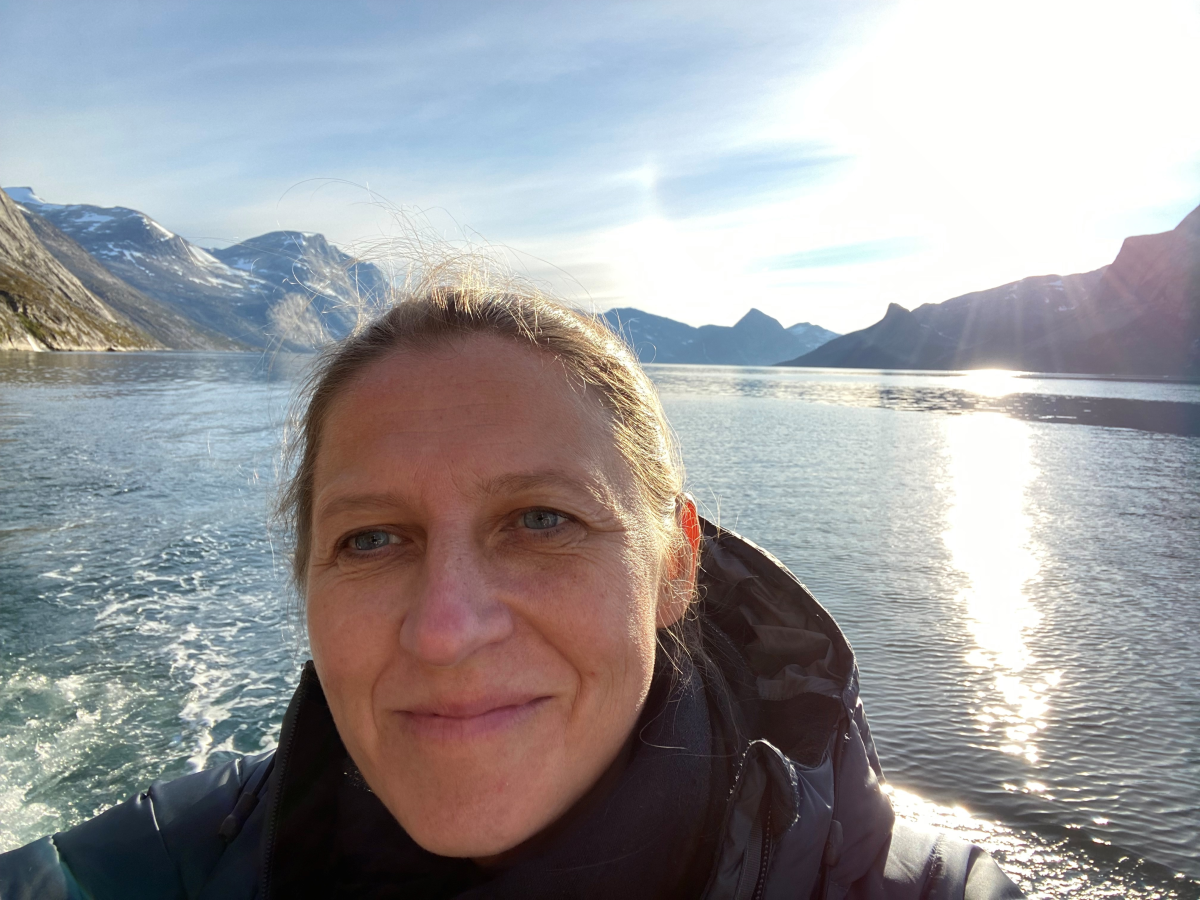
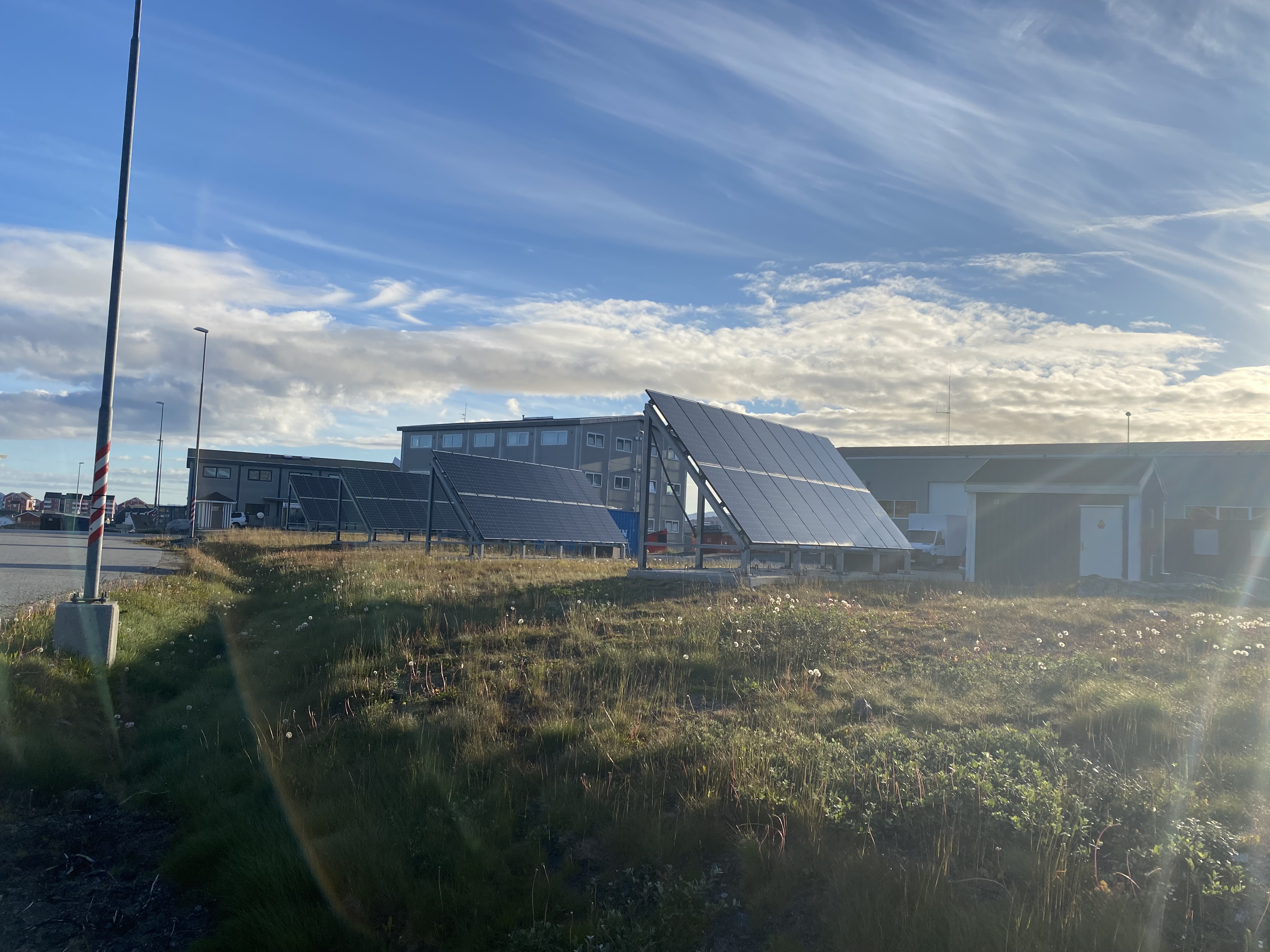
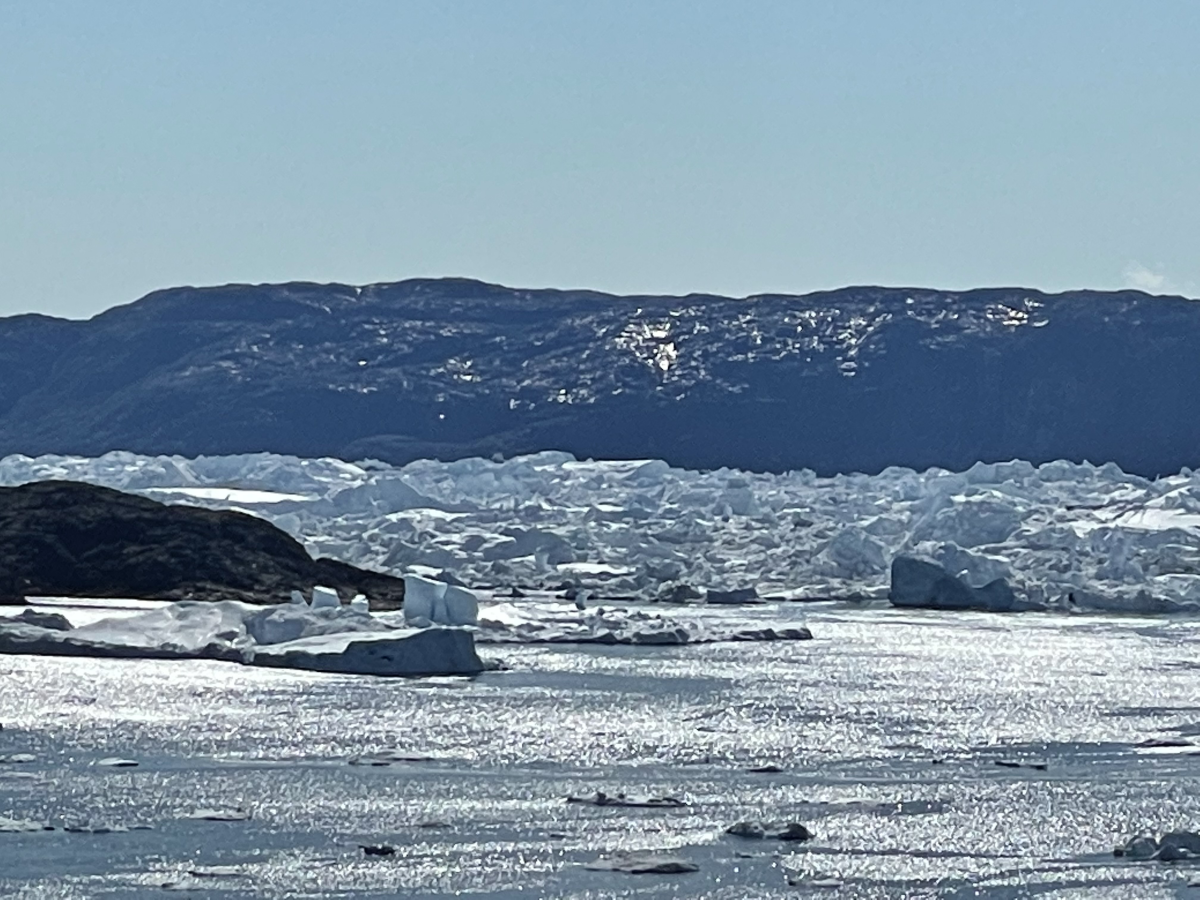
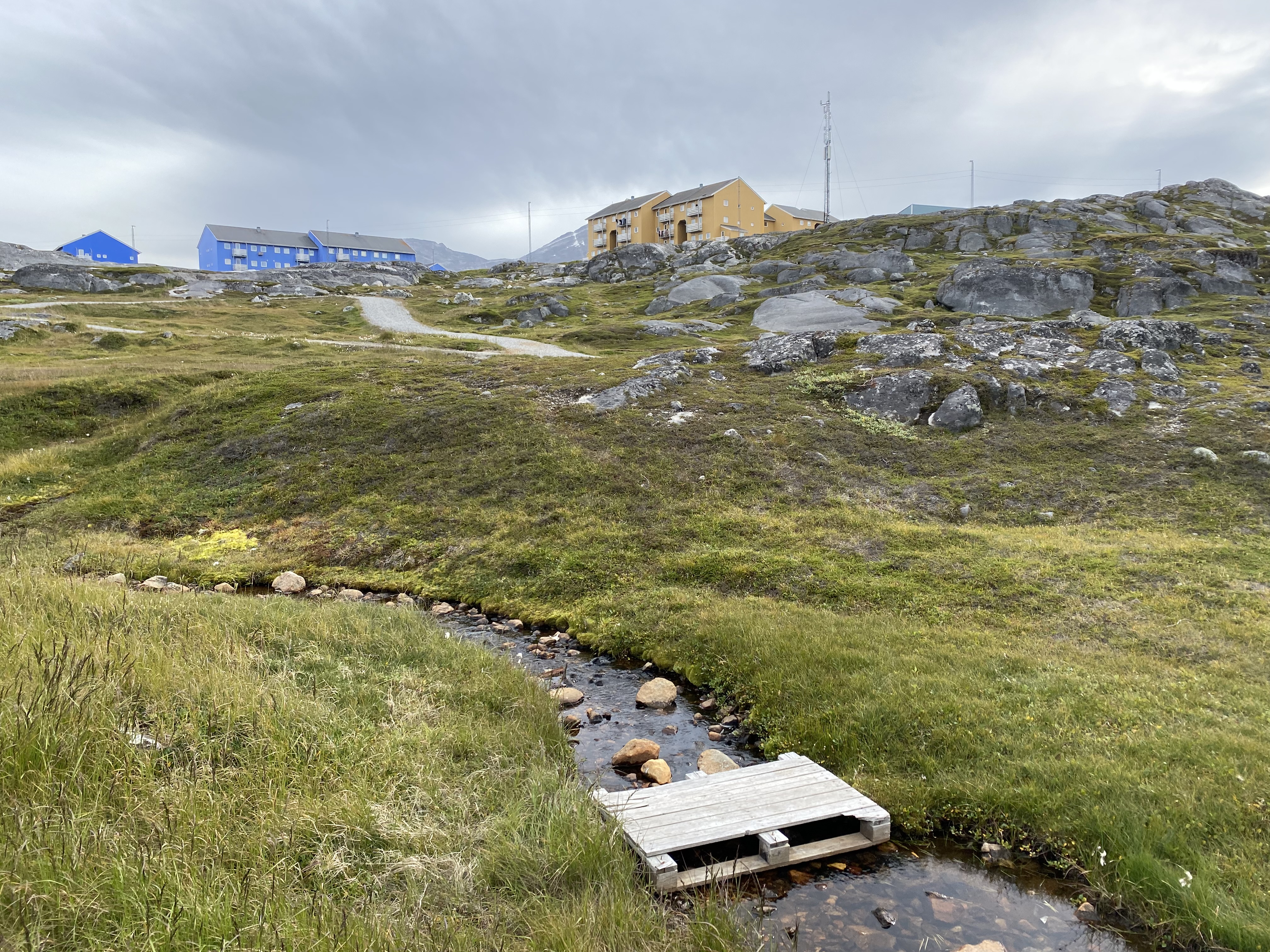
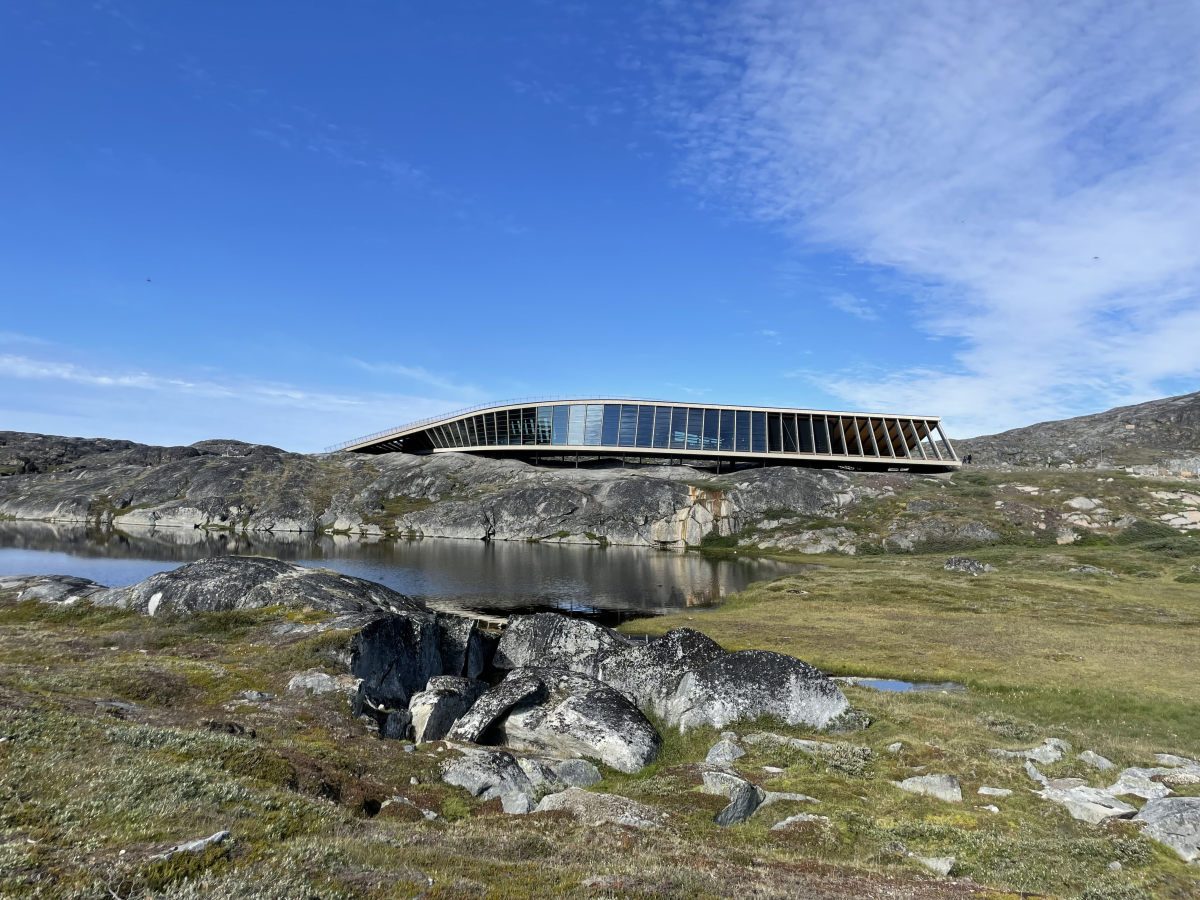
Photos: Lill Rastad Bjørst & Naja Carina Steenholdt
People involved
Lill RASTAD BJøRST
Role in FACE-IT:
• Member of the Executive Board
• Co-Leader "Food Provision and Livelihoods"
Aalborg University, Copenhagen, Denmark
AAU personal page
Lill’s FACE-IT Projects
